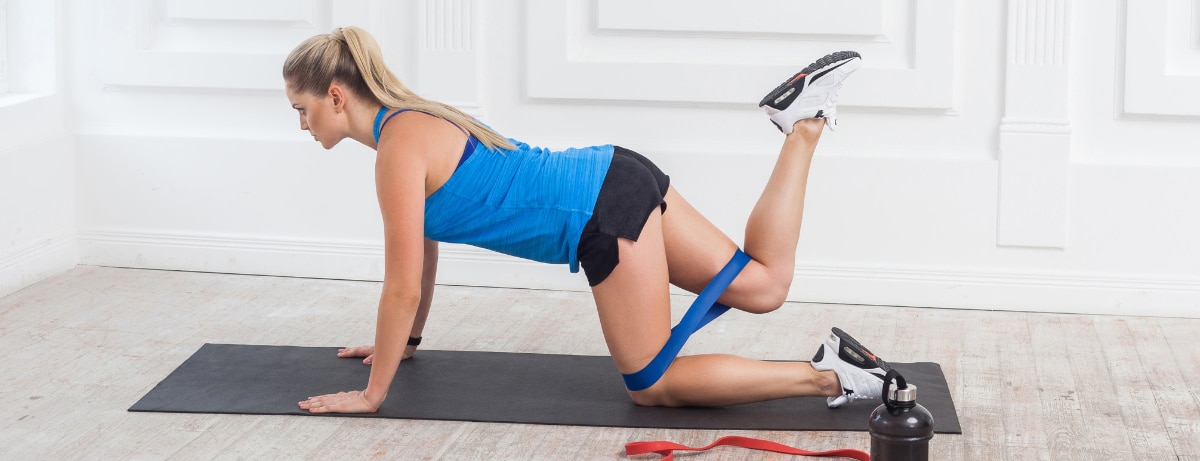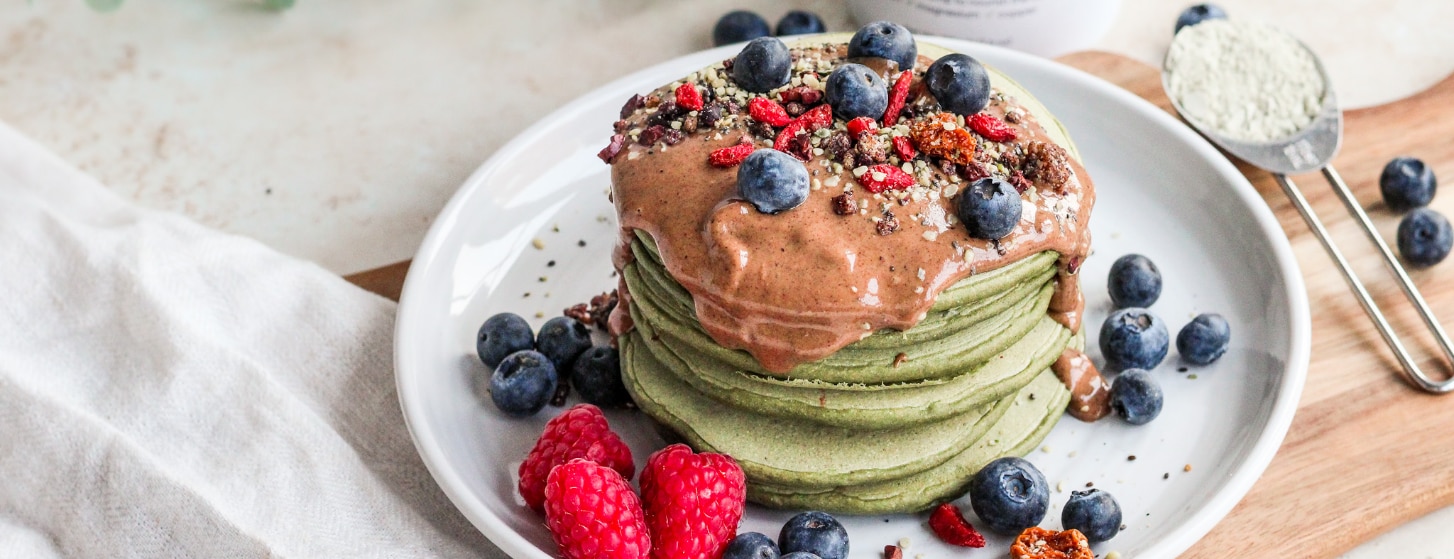10% off £35
Should I have coffee before workouts?
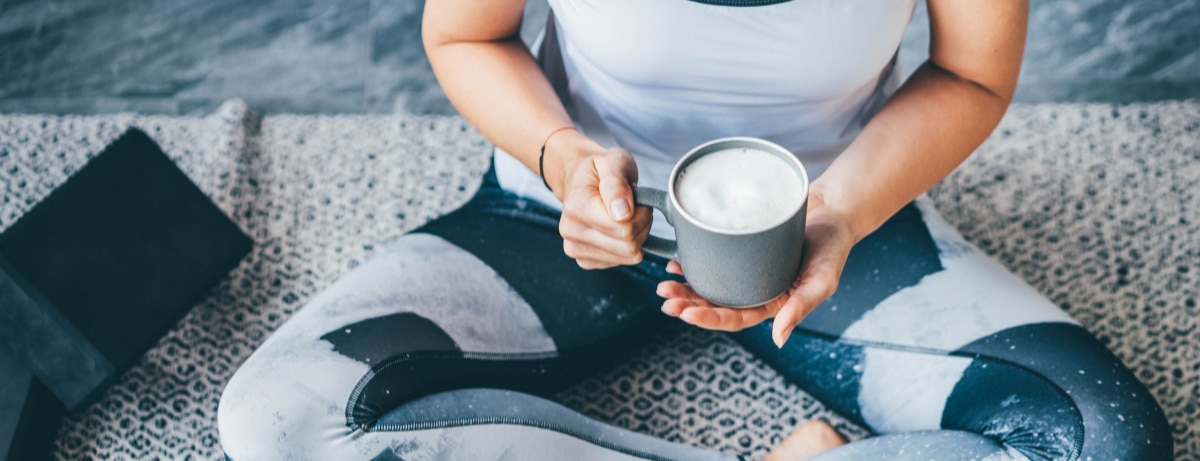
Is it a good idea to have coffee before workouts or should you steer clear of it?
Maybe you’re planning to start your day with an exercise sesh or you want to work out after what’s been a long day and tiring day and are struggling to find the energy.
Whatever your circumstances, all you know is that you need a pick-me-up to get you through; a quick caffeine fix will do the trick, won’t it?
Will it? Won’t it? What’s the deal with having caffeine before workouts? Keep reading for the facts on coffee and exercise.
Should I have coffee before workouts?
That’s the million-dollar question….should you be reaching out for a shot of espresso, a latte, an Americano, or your other preferred type of coffee pre-workout?
Well, the crux of the matter is, it all boils down to timing. Basically, caffeine gets absorbed really quickly by our stomach and increases within our bloodstream within 30 to 60 minutes of drinking it. That means one to two hours later is when caffeine usually peaks within the body.1
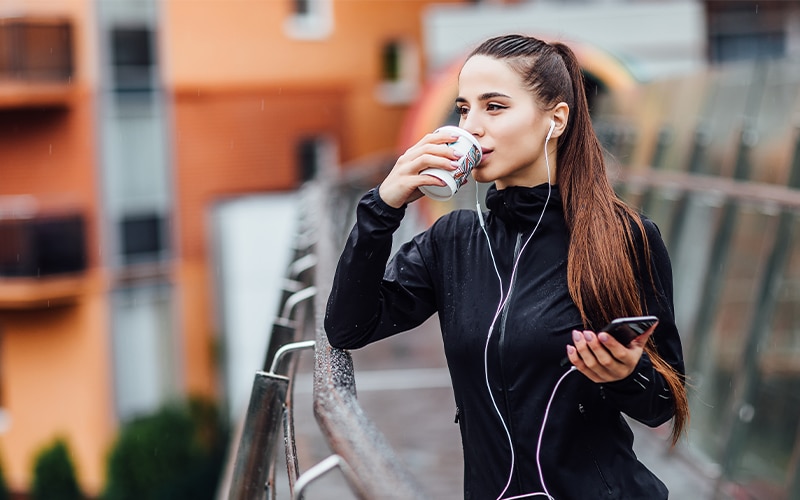

What about during or after a workout?
Following on from what we’ve just explained about caffeine’s peaking point, if you’re planning on using caffeine, more specifically coffee, to give you a boost, then it’s best you work out around 30 to 60 minutes after drinking it. This is when it’ll be working at full steam, so to speak, within your body.
By all means, you can drink coffee during or post-workout, but it may not necessarily have as much impact on your energy levels (you’ll still get to enjoy your coffee fix though).2
Why do people have a coffee during exercise?
It’s not uncommon for people to reach for a coffee while working out because of its caffeine content.
Caffeine has the ability to help us feel more alert by binding to the adenosine receptors in our brain, which can also push us through a tougher gym workout and towards reaching our fitness goals.3
How should you take caffeine?
Lots of pre-workout drinks and gels contain caffeine. But you don’t need to buy a special supplement to get the benefits of caffeine as an exercise aid. You could take a simple caffeine tablet, a high-strength green tea supplement, matcha green tea, or drink a simple cup of coffee.
Other drinks that contain caffeine
There are a fair number of drinks, other than coffee, that happen to contain caffeine, you know. We’ve listed a few of them below:4
- Decaffeinated coffee (125ml) – 3mg of caffeine
- Tea (150ml) – 32mg of caffeine
- Caffeinated soft drinks (330ml) – 39mg of caffeine
- Sugar-free caffeinated soft drinks (330ml) – 41mg of caffeine
- Hot chocolate (150ml) – 4mg of caffeine
- Energy drinks (330ml) – 80mg of caffeine


Foods that contain caffeine
Caffeine can also be found in a number of different food products too, the most common being:5
- Chocolate: Caffeine is naturally present in cocoa beans, and the more darker the chocolate, the more caffeine it will contain. Caffeine levels can range from anywhere between 14mg to more than 30mg.
- Ice cream and frozen yoghurt: Chocolate-flavoured ice cream and frozen yoghurt contains around 30 to 45mg of caffeine because of the cocoa bean-caffeine connection.
- Chocolate desserts:These delicious treats can contain around 10mg of caffeine, or even more, depending on how chocolatey they are.
- Breakfast cereals: Cocoa-flavoured cereals can contain more or less caffeine, depending on how much chocolate/cocoa beans and caffeine has been used to make them.
Handpicked content: Food and drink caffeine levels: How much caffeine is in decaf coffee?
Does caffeine benefit exercise?
Caffeine is known as an ergogenic aid – that is, a substance that can improve athletic performance. And because it is all-natural, caffeine is widely used by athletes and everyday exercise fans. It’s safe, readily available, and can be tasty too if you drink it in coffee-form! As far as sports-supplements go, it’s easy to use and easy on your wallet.
Academics have done a lot of research on caffeine, exercise and sports performance. And the results are clear.
Taken as a pre-workout aid, caffeine can improve your workout in several ways. It can sharpen your mental focus and improve your RPE (rate of perceived exertion), so you could work out for longer. It can also extend your endurance, and boost your performance. It seems to be particularly beneficial for endurance exercise (including cardio workouts) and strength or power training (like weight training and lifting).
Should anyone avoid caffeine before a workout?
If you are intolerant to caffeine, or if you know it causes you stomach or heart problems, avoid combining caffeine and exercise. The extra stress of your workout could exacerbate the problem. It’s always best to be safe.
Don’t forget that caffeine can affect sleep, too. So if you work out in the evening, having a coffee before gym could stop you from getting to sleep that night.
But if you have no issues with caffeine, go ahead and try an espresso before your next session. See how it improves your mental and physical performance!
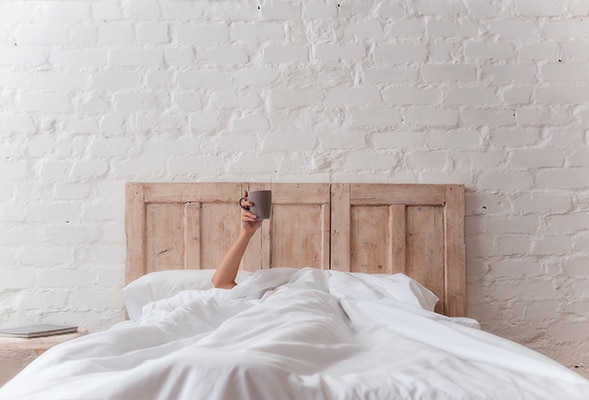

A final few words about caffeine and workouts…
If you’ve been pondering over whether or not it’s worth grabbing a coffee before workouts, then it may be worth giving it a try, as caffeine has been proven to pack a bit of an energy boost.
Before you go down this route, you may want to think about when you plan your pre-workout caffeine though, to make sure you feel the full effects of it when you really need it. Also, don’t forget that you can also get your fix in many different ways, not just via coffee. Plenty of other drinks – and food – contain caffeine; varying different levels of it.
We hope you’ve found this article useful. Now that you’re here, would you like to learn some more about how caffeine impacts the human body? If so, then check out this article: ‘Is caffeine good for you?’
- https://www.wellandgood.com/coffee-before-workout/
- https://www.wellandgood.com/coffee-before-workout/
- https://weaverscoffee.com/blogs/blog/5-ways-coffee-improves-your-workout#:~:text=Coffee%20helps%20improve%20focus%20during%20a%20workout.&text=Caffeine%20creates%20an%20alert%20state,you%20reach%20your%20fitness%20goal.
- https://www.coffeeandhealth.org/topic-overview/sources-of-caffeine/
- https://www.sleep.org/foods-with-caffeine
